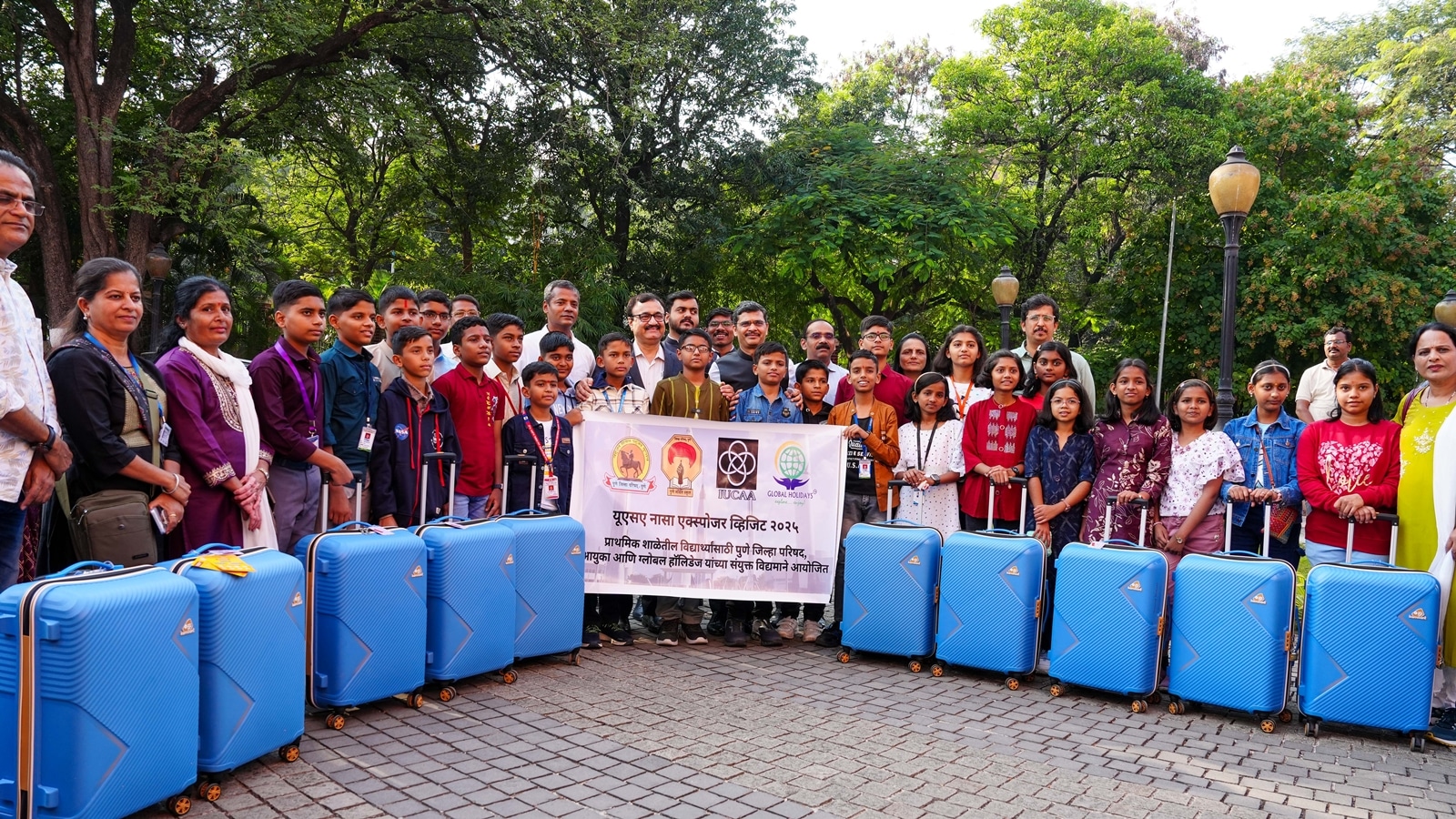This Friday, on World Diabetes Day, the United Nations is highlighting how the disease affects pregnancy, in line with this year’s global theme of managing diabetes ‘across the lifespan’.
The organization also launched its first-ever global guidelines on how to manage diabetes before, during and after pregnancy.
“These guidelines are grounded in the realities of women’s lives and health needs, and provide clear, evidence-based strategies to deliver high-quality care to every woman, everywhere,” said Dr. Tedros Adhanom Ghebreyesus, who heads the UN World Health Organization.
These guidelines aim to support the 21 million pregnancies affected by diabetes each year, and provide recommendations that recognize how diabetes-related risks develop throughout life.
Why does it matter
Diabetes now affects more than 800 million people globally – and about half of them go undiagnosed, according to a new WHO report.
It is a major cause of heart disease, kidney failure, blindness and amputation. Its impact is growing most rapidly in low- and middle-income countries, where access to essential care and medicines is often limited.
This year’s World Diabetes Day message stresses the importance of improving diabetes care throughout life, starting even before pregnancy and continuing into early childhood and adulthood.
What is diabetes?
Diabetes occurs when the body cannot regulate blood glucose properly.
• Type 2 diabetes accounts for 95 percent of cases and is associated with overweight, insufficient physical activity and genetics, according to the World Health Organization.
• The causes of type 1 diabetes are still unknown, and those affected need lifelong treatment with insulin.
• The prevalence of diabetes has been increasing worldwide for decades, placing increasing pressure on health systems.
Pregnancy: a critical window
Gestational diabetes can be pre-existing or first discovered during pregnancy.
Women who have diabetes during pregnancy have a higher risk of developing type 2 diabetes after giving birth.
This condition increases the risk of life-threatening complications, including preeclampsia and other high blood pressure disorders.
Babies face a greater risk of stillbirth, seizures, and birth defects. Children born after pregnancies with diabetes complications are more likely to develop obesity, cardiovascular disease and type 2 diabetes later in life.
What the World Health Organization recommends
The WHO Global Compact on Diabetes provides tools to improve prevention and care around the world.
The newly launched pregnancy guidelines include 27 recommendations, including:
• Eat a diet low in added sugars, with carbohydrates from whole grains, vegetables, fruits and legumes
• At least 150 minutes of physical activity per week, including resistance training
• Regular monitoring of blood sugar level
• Perform routine ultrasound examinations before and after week 24
• Appropriate medical treatment














